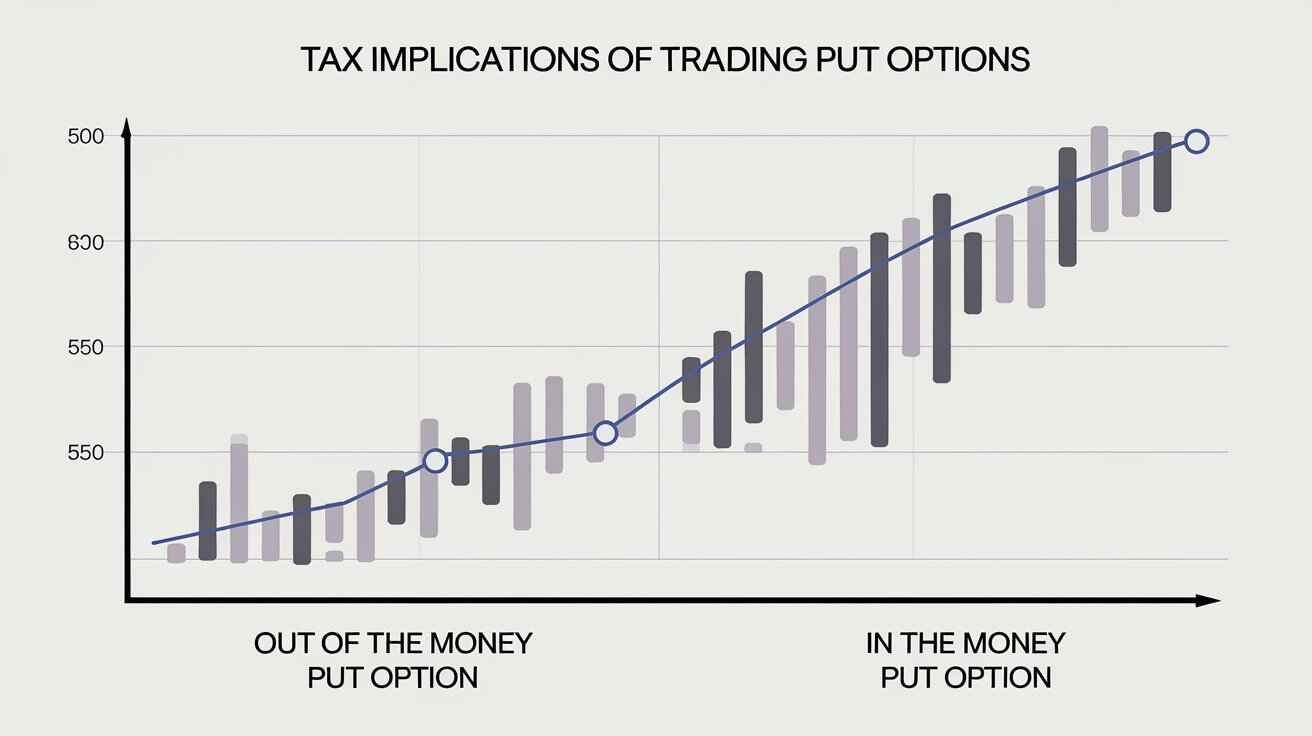Trading options can be an exciting way to diversify a portfolio, offering opportunities to profit from market movements without owning the underlying assets. But options trading can get a little tricky when it comes to taxes. How are these trades taxed? More specifically, how do taxes affect the profits from put options?
Before discussing the tax details, clarifying the question “What is a put option?” in trading is essential. A put option gives the holder the right to sell an asset at a predetermined price (known as the strike price) before it expires. This type is often used when an investor believes the value of an asset will decrease. The trader can either sell it for a profit or exercise it to sell the asset at the agreed price.
Capital Gains and Losses
The main issue is whether the profits or losses are treated as capital gains or ordinary income. In most cases, profits from trades are considered capital gains. These gains can be short-term or long-term, depending on how long the option is held before it’s sold or exercised.
If you keep it for more than a year before selling it, the gain is taxed as a long-term capital gain, which generally has a lower rate. If sold within a year, it’s treated as a short-term gain, subject to higher rates. Any gain or loss from selling the asset after exercising it will be taxed as either a short-term or long-term capital gain.
Expired Options
One common scenario is when it expires worthless. This happens when the asset’s market price does not move as expected. For example, if you purchase a put but the asset’s price doesn’t fall below the strike price before the expiration date, it will expire without value. These losses can offset capital gains and reduce your liability.

Selling Put Options
If you decide to sell the put before its expiration, the transaction is treated as a sale of a capital asset. The profit or loss from selling it will be taxed as either a short-term or long-term capital gain, depending on how long you’ve held it.
For those wondering about the put option, if you sell it for a profit after holding it for less than a year, the gain will be taxed at your ordinary income tax rate. However, the profit will be subject to the lower long-term capital gains tax rate if you have it for over a year.
Exercising Put Options
Exercising a put can have different implications. If you exercise and sell the underlying asset, the premium paid for it is added to the cost basis of the sold asset. Any resulting gain or loss from the sale is treated as a capital gain or loss based on the adjusted cost basis. If you’re considering a put, consult a professional to understand the full impact on your tax picture.
Wash Sale Rules and Options
The wash sale rule is one lesser-known but important rule affecting trading. This rule applies if you sell a security at a loss and then repurchase the same or substantially identical security within 30 days before or after the sale. The IRS disallows the loss from the sale for tax purposes. If you sell a put at a loss and then repurchase another similar option within the 30-day window, you may be unable to claim the loss on your return.
What is a put option, and how does it affect your taxes? Understanding this is crucial for anyone involved in options trading. By staying informed and consulting with professionals, investors can make more strategic decisions and avoid potential pitfalls during the season. Managing the tax side of your trades can save you money and help ensure your profits stay as high as possible.
Also Read: Blockchain Technology for Supply Chain Management -2024






